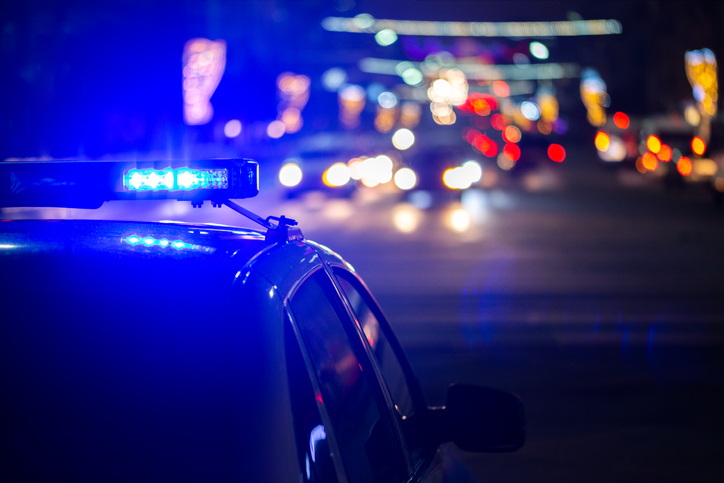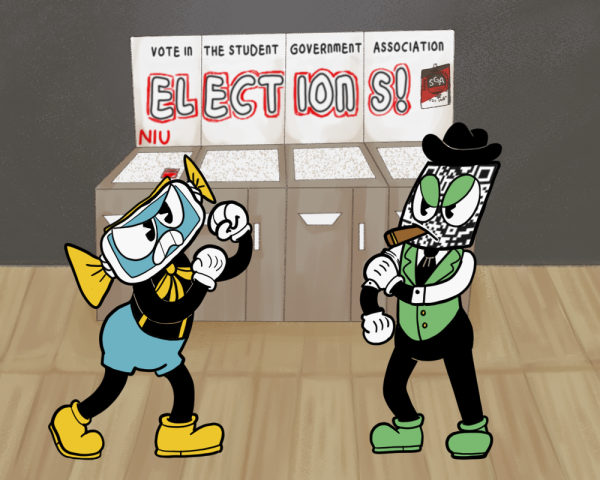Editorial: Know, exercise rights with police
A police car has its lights on at a busy road at night.
April 21, 2021
Criminal justice reform continues to be a contested issue in the wake of officer Derek Chauvin’s trial following Daunte Wright’s fatal shooting in Brooklyn Center, Minnesota. Despite these repeated calls for reform, only 46% of Americans think the issue is of top priority, according to a Pew Research Study poll, and only 2% find it to be the most important non-economic problem facing the U.S., according to a Gallup poll.
In the midst of this public debate, The Northern Star Editorial Board urges everyone to understand and exercise their rights while interacting with law enforcement.
Understanding and exercising your rights is not only a way to protect yourself, but also a way to hold officials sworn to protect us accountable for their actions while in uniform. The Editorial Board believes these specific rights are important to understand and exercise while interacting with law enforcement.
Right to record: Everyone has the right to record law enforcement officials while they are on duty and in the public domain. Larry Ellington, a Sergeant in the NIU Police departments investigations division, said a person has the right to record an officer in an area where he does not have a “reasonable expectation of privacy,” like on a patrol beat or during a traffic stop. People who choose to record law enforcement do not have to announce that they are recording officers during these situations because officers do not have a reasonable expectation of privacy in these situations.
Law enforcement cannot stop someone from recording in the public domain either or forcibly see the contents of the recording without a warrant from a judge. A person’s right to record is granted under their First Amendment right, according to an ACLU article.
Law enforcement can only seize a phone if they feel the owner witnessed a crime and captured elements of the crime on the phone. However, police would still need a warrant to view that content, Srgt. Ellington said.
The right to withhold ID: Everyone who is not being detained or questioned in regard to an investigation or crime has the right to not provide identification. During “consensual encounters,” people have the ability to refuse to provide any further documentation as long as the police do not have a “reasonable suspicion to detain” a person for further questioning, according to a Washburn School of Law review.
For example, if a person’s car is broken down on the side of the road, officers cannot require a motorist or passenger to provide further identification. Officers cannot demand identification in this example because they do not have reasonable suspicion to require anything further based on the reasoning given, Ellington said.
Laws are constantly changing, thanks to state legislatures and federal officials recognizing the issue at hand. The Editorial Board encourages everyone to familiarize themselves with state-specific “know your rights” materials and to exercise these rights. Everyone must hold law enforcement to the standard of serving and protecting all members of their communities.













